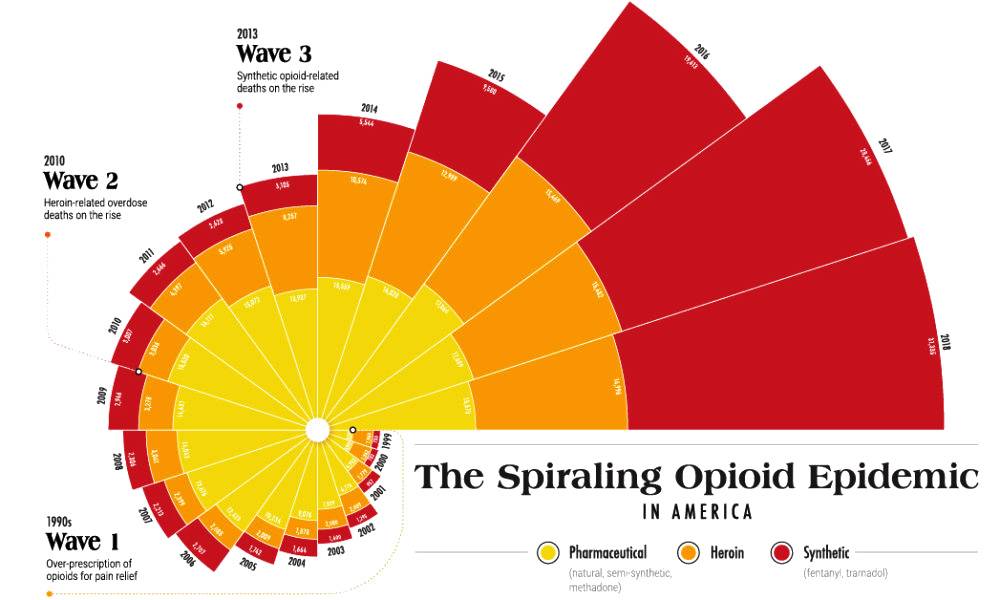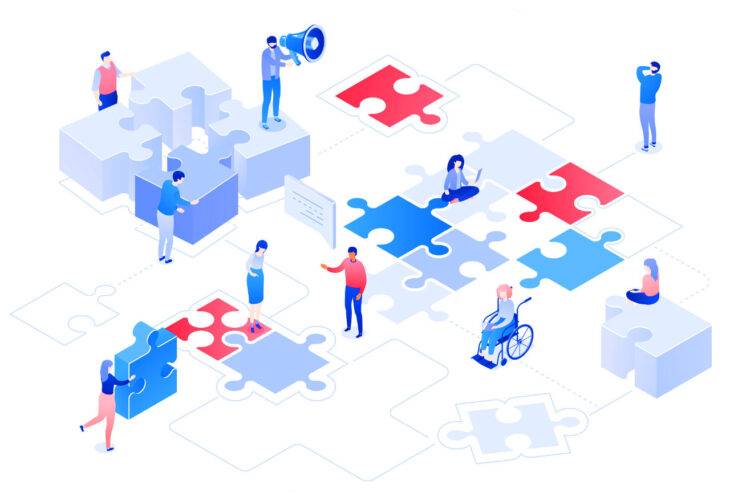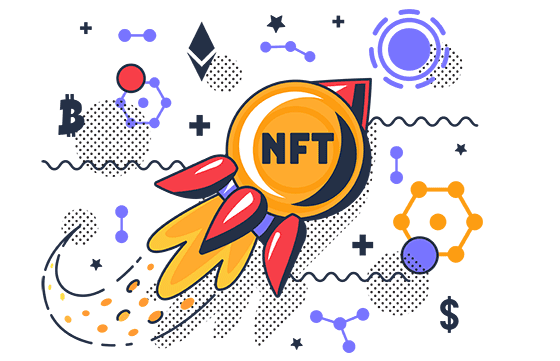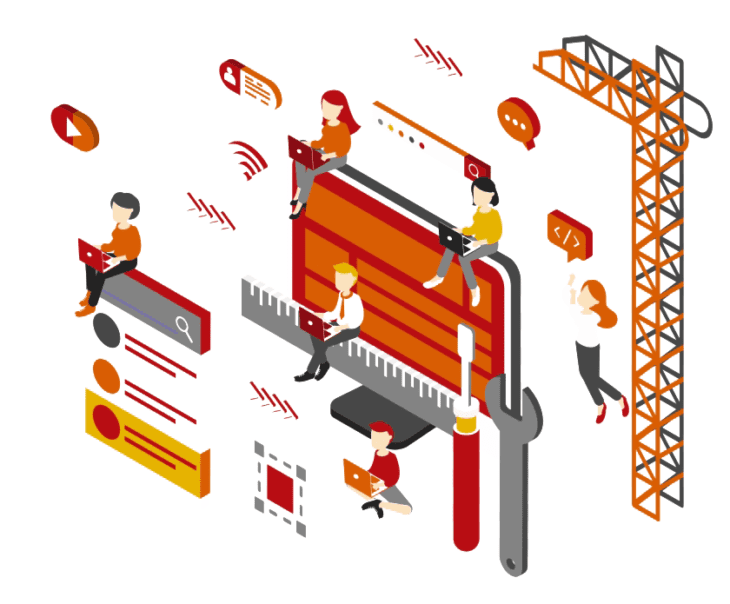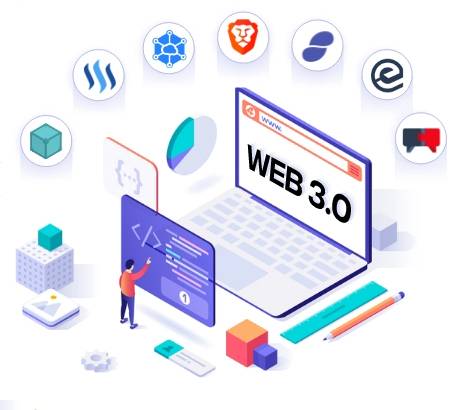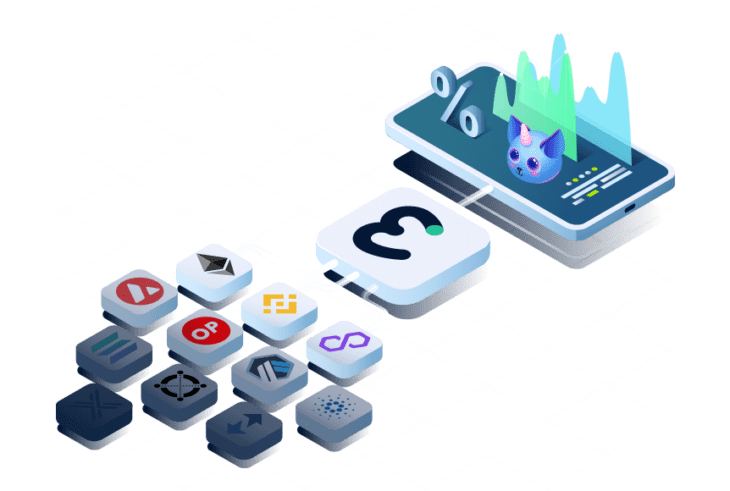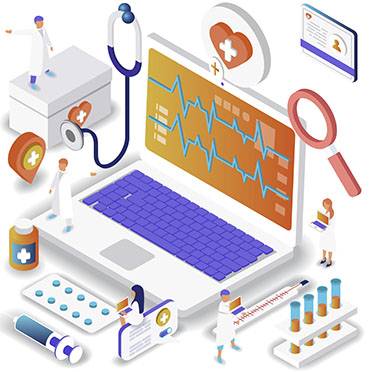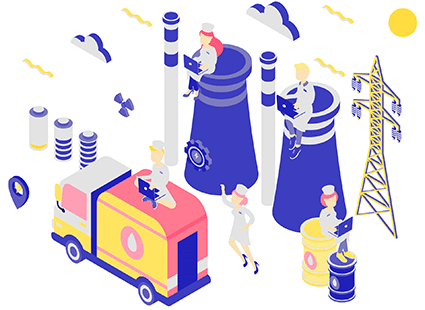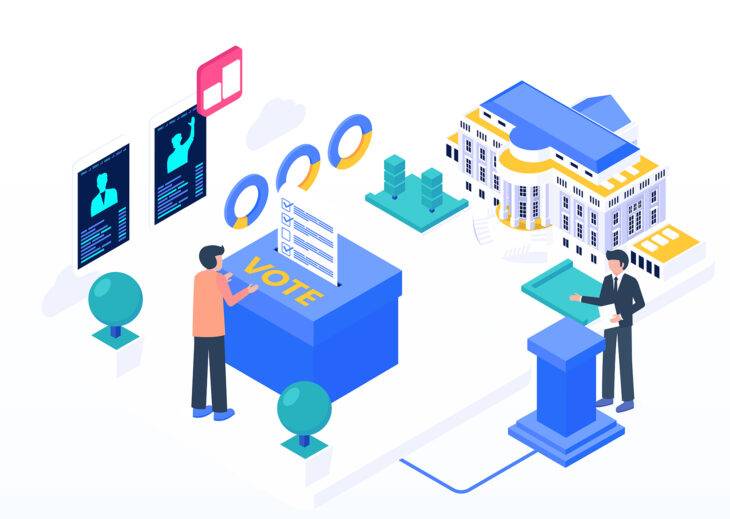Drug addiction is a significant health issue worldwide, with the United States leading the statistics. From alcoholism to nicotine addiction to more serious drug addictions like opioids, the health consequences and human/financial costs are enormous. According to the CDC, synthetic opioid overdose deaths increased dramatically between 2010 and 2020. The opioid crisis in the U.S. has progressed to the point where opiate overdoses are now the leading cause of death in people under the age of 50.
In the U.S., the costs of illicit drugs, including healthcare, incarceration, crime, lost work, and productivity, total $249 billion in 2020 alone. Drug use is not limited to poor neighborhoods or the homeless; many middle-class and wealthy Americans are affected as well. Often, these addictions result from narcotics over-prescription or the misusing of prescription drugs as a result of trauma.
For years, people have been looking for answers. Many options are available, ranging from 12-step programs and addiction support groups to drugs used to alleviate addiction’s side effects or provide tapered dosing. There is no one-size-fits-all solution, but the available solutions share some characteristics:
- Restriction of Access
- Testing at Random
- Accountability among peers
- Lifetime Assistance
There are new methods to implement these solutions as a result of technological advancements. While there have been several experiments with apps and virtual/augmented reality, the blockchain is a game-changer. The technology initially designed for finance can now assist those suffering from addiction.
To summarize, for those unfamiliar with blockchain technology, it’s a shared ledger that publicly stores data on all participants’ computers involved in a transaction. Once created, a block cannot be changed or tampered with, and the system is both transparent and secure.
Restriction of Access
If you know a recovering alcoholic, chances are they don’t have any alcohol in the house and may even ask you to put yours away or lock it up when they come to visit. Still, because alcohol is legal, it is difficult to restrict access altogether, and a great deal of willpower is required.
The story is different when it comes to illegal drugs, particularly opioids. Many pharmacies no longer stock the pills, or if they do, they keep them locked up. Where can blockchain assist? By assisting in the security of the pharmaceutical supply chain. There are several factors at play here, and blockchain can assist with them all:
Prescription Abuse: The current prescription system is broken and corrupted, especially with the rise of e-scripts. It has never been so easy to obtain or forge prescriptions. This can be nearly eliminated by using a blockchain prescription system.
Production and Distribution: There is increasing pressure on companies to ensure that no one other than those who should have them gets their hands on these drugs, and there are considerable gaps in the supply chain’s production and distribution. BlockMedx has developed an end-to-end supply system that uses the Ethereum platform and crypto tokens to validate transactions.
The Supply Chain: Pfizer and Genentech have collaborated on the MediLedger project, which aims to use blockchain technology to provide tamper-proof records of drugs moving through the supply chain, preventing counterfeit drugs from entering the system or fraudulent theft.
Thanks to immutable record keeping, blockchain systems can also be used to alert doctors and pharmacists if something does not appear right, enabling easy and precise prescription revoking.
The principle is to keep opioids and legal narcotics only in the hands of those who legitimately require them and have legal prescriptions. Individuals must still safeguard these medications at home, but the process will make limiting illicit access easier.
Testing at Random
The mouse will play while the cat is away. An addict will frequently relapse if no one is watching or checking on them. However, unless mandated by an employer or rehabilitation facility, random testing is only effective for a limited time.
Enter Hayver, a new app, and Duitcoin, a cryptocurrency issued on the Ethereum platform. The app does several things, the most important of which is that it rewards users with cryptocurrency that they can use to make purchases on the Hayver app. Users are chosen at random to provide a urine sample via a home kit test. They must show the results to another peer in their support circle, who must then verify and record the results. When the test is passed, the individual is given coin credits.
“I had retired my medical license long ago, so I was no longer required to be monitored, meaning that I was no longer subject to random drug and alcohol screens,” says Chief Medical Officer and co-founder John M. Copenhaver M.D. “I knew that pilots and physicians have a ninety percent recovery rate after five years, and the rest of the population has a three percent chance of abstinence for five years.”
The app is built around the blockchain and its own token to help others receive that kind of support and accountability, increasing their long-term recovery chances.
Accountability among peers
Copenhaver emphasizes that the app is not intended to replace traditional 12-step programs. While these programs are essential, Hayver is intended to serve as an additional support system that provides easier peer-to-peer accountability.
Each user has a circle of support, consisting of 5 to 20 people who help them stay accountable. These can be family members, friends, or other recovering addicts who provide support. Every day, the user must check-in to the app, where they can check the longevity of their sobriety, their check-in history, and the rewards (Duitcoins) they have earned up to that point.
The goal is to expand the peer-to-peer group beyond a physical group in one’s hometown. There are no consequences if an addict doesn’t check-in, but if someone disappears from the group for an extended period, they can request someone to check on that person anonymously.
Almost every program will tell you that daily maintenance is essential for long-term recovery as with any other chronic disease. Users in a peer-to-peer environment can take advantage of its benefits with the Hayver app.
Lifetime Assistance
Recovery is an ongoing process. No matter how long an addict has been sober, the right (or wrong) circumstances can send them back down the road to addiction. Relapse is more likely with more potent drugs, such as opioids. Nevertheless, they happen frequently regardless of the type of addiction. Relapse prevention has long been the most significant challenge for long-lasting recovery, blockchain and AI can provide significant assistance to address this issue.
The Hayver app and other initiatives aren’t really about blockchain technology. They simply use modern tools to reach out to and support people. The app’s connections made through the circle of support are meant to last a lifetime. Random drug testing has no expiration date. Dr. Copenhaver puts it best: “My wife is the person I show my results to.” “And it has had a priceless impact on rebuilding trust in our relationship.”
From preventing wrongful access to peer-to-peer accountability and lifelong support, blockchain aids those suffering from addiction, a welcome disruption in an area where all weapons are needed to win the battle against the opioid epidemic and other addictions.
If you or someone you know is struggling with addiction, reach out to one of the online resources listed here. They are available worldwide free of charge.
